Gaming as Therapy: How Video Games Improve Mental Health with Real Data
Hey there, gaming warriors, Reaper’s back! 🎮 Ever been told to “stop wasting time on those video games”? Well, it’s time to flip that script. Grab your favorite snack, slouch into your gaming chair, and let’s embark on an epic quest to uncover how video games are not just entertaining adventures but also powerful boosters for your mental health. Ready? Let’s dive in!
Catch a support chair or something, for this Reaper is going to change tones and sing you poetry.
Level 1: The Power-Up of Positivity
First up, let’s tackle the age-old myth that video games rot your brain. Spoiler alert: they don’t. In fact, a study published in Nature Human Behaviour in August 2024 revealed that gaming can have a positive impact on mental health. Researchers found that playing video games reduced psychological distress and enhanced life satisfaction among participants. This wasn’t a small side quest; the study involved over 97,000 participants, making it a main storyline event. The researchers utilized machine learning techniques to analyze the data, ensuring that the findings were as robust as a well-fortified castle. According to Hiroyuki Egami, the lead author of the study, owning a gaming console during the pandemic in Japan was associated with reduced psychological distress and improved life satisfaction. Regular gaming sessions, especially during the initial three hours, showed the most significant positive effects. Importantly, the study found no harmful long-term effects, suggesting that the benefits of gaming could be enduring. So, the next time someone tells you that gaming is a waste of time, you can confidently respond with, “Actually, it’s leveling up my mental health.”

Level 2: Console Wars – Mental Health Edition
Now, let’s talk hardware. Which console reigns supreme in the battle for your brain’s well-being? According to the same Nature Human Behaviour study, the Nintendo Switch emerged as the champion. Gamers using the Switch reported significant boosts in psychological health compared to their PlayStation 5 counterparts. The study highlighted that the Switch’s versatility and family-friendly games create a more social and inclusive gaming environment. Titles like Animal Crossing: New Horizons and Mario Kart 8 Deluxe encourage interaction, cooperation, and a sense of community. This social aspect is crucial, as human connection is a key component of mental well-being. In contrast, while the PlayStation 5 offers a plethora of immersive experiences, its game library leans more towards solitary play, which might not provide the same social benefits. So, if you’re looking to level up your mental health, the Switch might just be your go-to console.
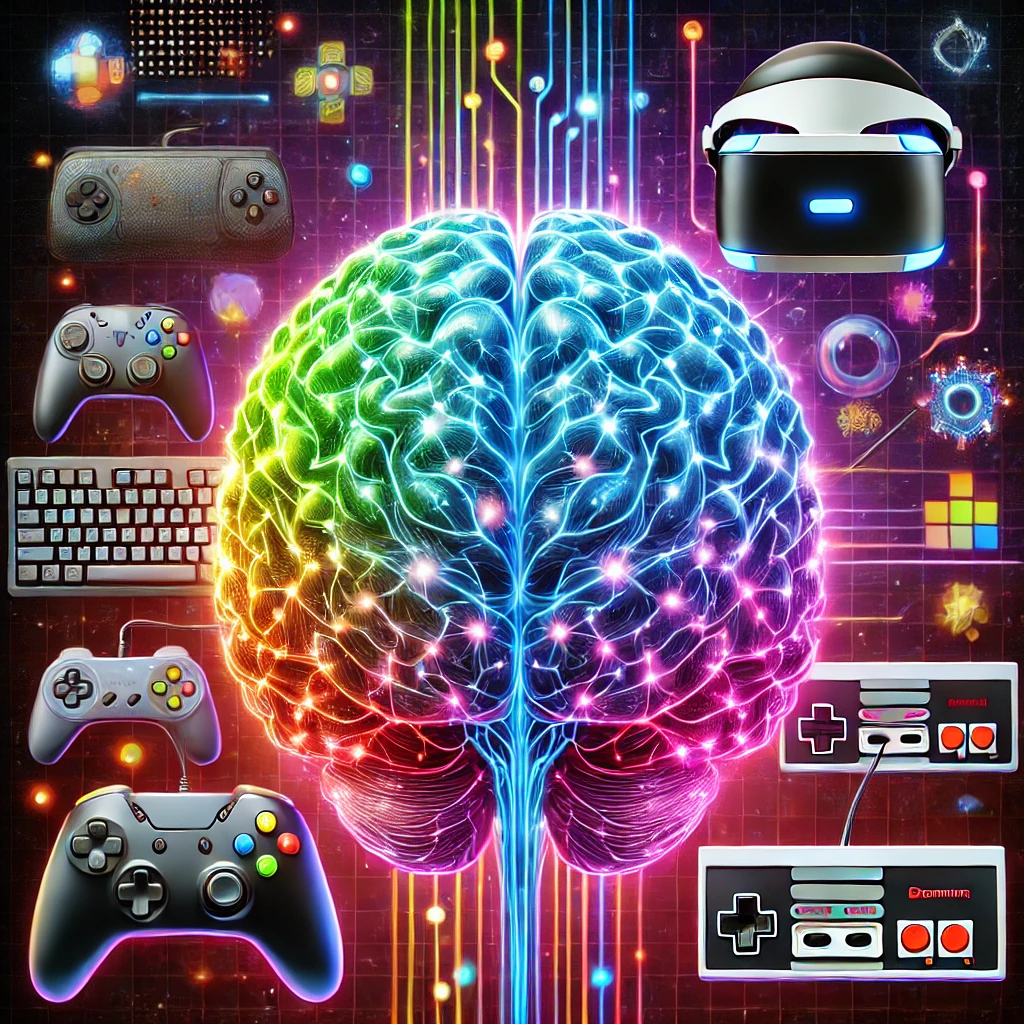
Level 3: Tetris – The OG Therapist
Ever thought a classic puzzle game could be your mental health MVP? Enter Tetris. Recent buzz on TikTok suggests that playing Tetris can help cope with trauma. Researchers, like MaryCatherine McDonald, argue that Tetris can be an accessible tool for trauma recovery, claiming it helps “heal your brain.” Scientific studies back this up. Playing Tetris shortly after a traumatic event can reduce flashbacks and PTSD symptoms. One study found that Tetris players had fewer intrusive memories post-car crash, while another revealed healthcare workers who played during the COVID-19 pandemic saw significant reductions in flashbacks and PTSD symptoms. The magic behind this? Tetris competes for imagery space in the brain, potentially crowding out traumatic visuals and aiding the hippocampus in memory processing. However, experts caution against using Tetris as a stand-alone treatment, emphasizing established techniques and professional guidance for trauma recovery. So, next time you’re feeling overwhelmed, a quick game of Tetris might be just what the doctor ordered.
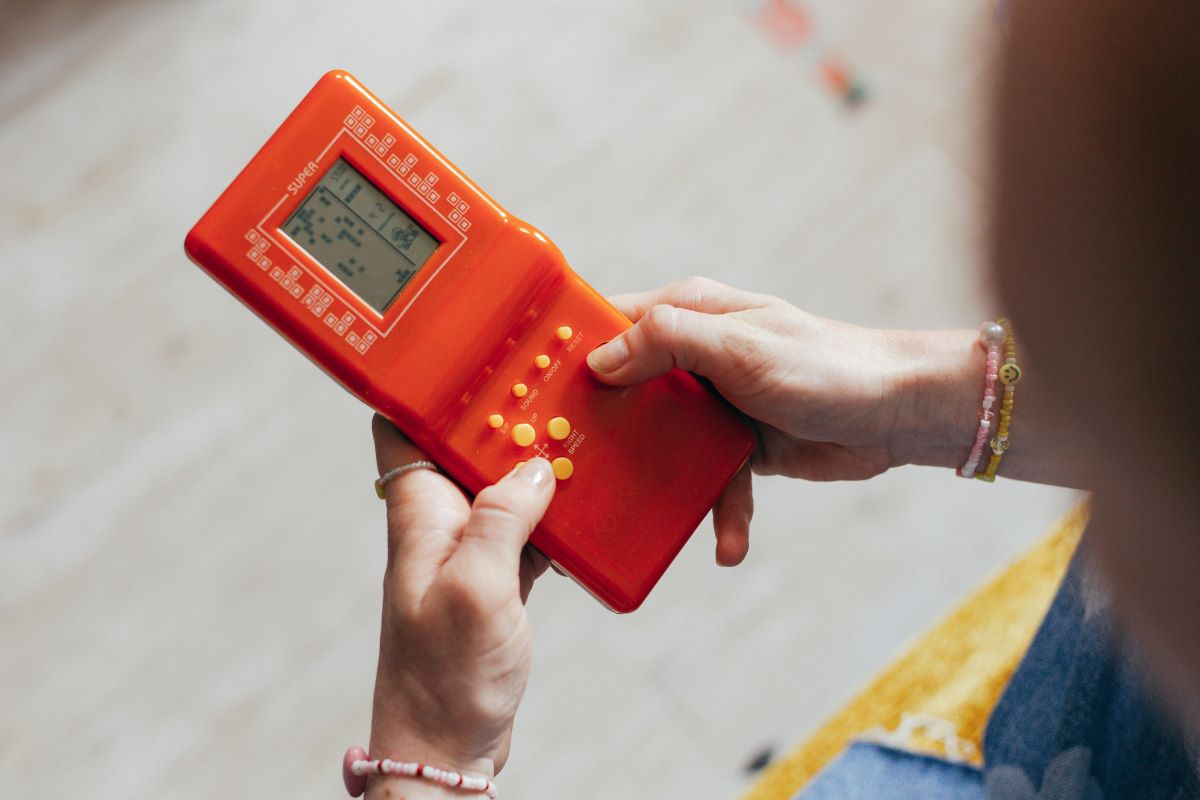
Level 4: The Social Side Quest
Feeling isolated? Video games have got your back. A survey conducted by pop culture marketing agency Experience 12 revealed that 64% of gamers said that connecting with others via online or multiplayer games helped alleviate feelings of isolation during the COVID-19 pandemic. Games like Fortnite, Among Us, and World of Warcraft offer platforms for social interaction, teamwork, and building friendships. These virtual connections can translate into real-world support systems, reducing feelings of loneliness and fostering a sense of belonging. The social aspect of gaming is not just about voice chats and multiplayer raids; it’s about creating communities where individuals feel understood and valued. In a world where physical interactions were limited, these virtual worlds provided a much-needed space for socialization and emotional support.
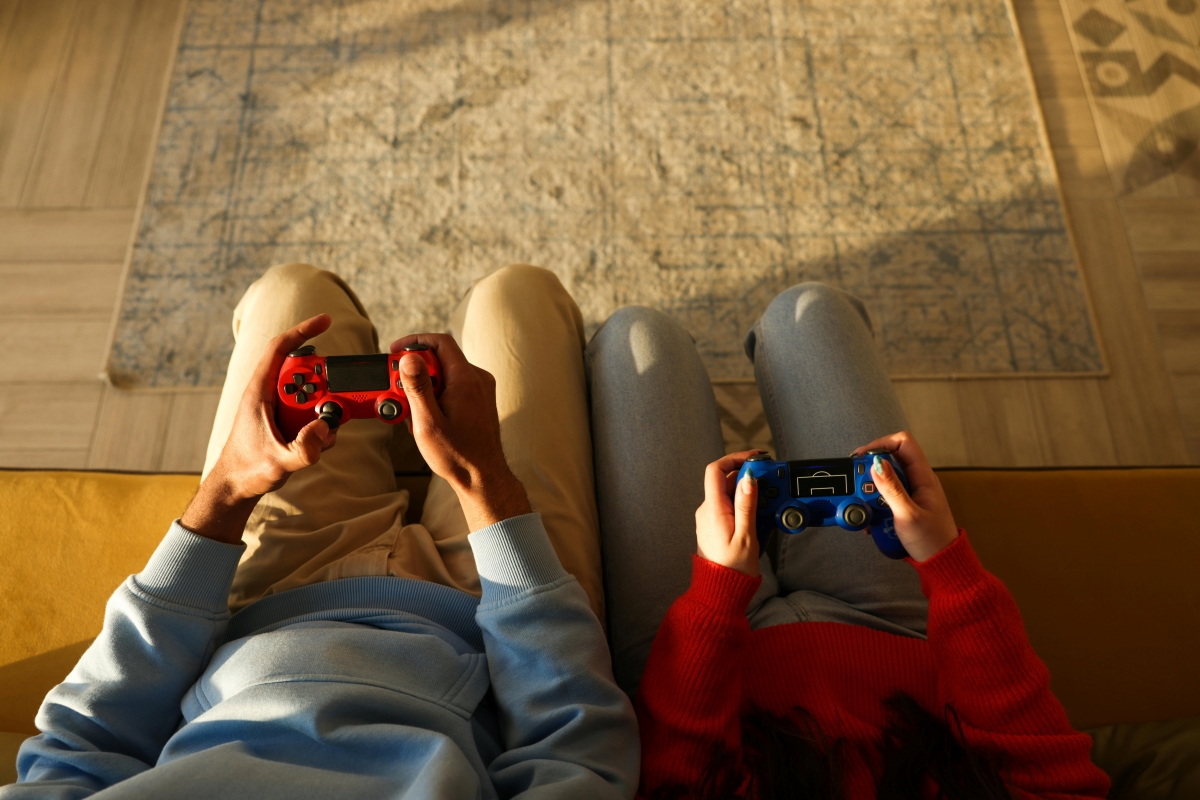
Level 5: Genre-Specific Buffs
Not all games are created equal, especially when it comes to mental health benefits. A cross-sectional study published in Australasian Psychiatry in May 2022 explored the correlations between video game genres and psychological well-being. The study found that certain genres have stronger correlations with beneficial mechanisms:
Music Games: Boosted emotional well-being and relaxation. Games like Beat Saber and Guitar Hero engage players in rhythmic activities, which can be therapeutic and stress-relieving.
Role-Playing Games (RPGs): Enhanced problem-solving skills and provided a sense of accomplishment. Titles such as The Witcher 3 and Final Fantasy XV immerse players in complex narratives and decision-making processes, fostering cognitive flexibility.
Survival Horror Games: Surprisingly, these games helped players confront fears and build resilience. While titles like Resident Evil and Silent Hill can be intense, they allow players to face and manage fear in a controlled environment, which can translate to better coping mechanisms in real life.
However, it’s not all sunshine and rainbows. The study also noted that Multiplayer Online Battle Arena (MOBA) games had lower scores for psychological and emotional well-being. Games like League of Legends and Dota 2 can be highly competitive and, at times, toxic, which might contribute to increased stress and decreased mental well-being. So, while it’s fun to dive into these games, moderation and a supportive gaming community are key.
Level 6: The Dopamine Rush
Let’s talk brain chemistry. Gaming has been shown to increase dopamine levels, the “feel-good” neurotransmitter. Back in 1999, research demonstrated that playing video games could elevate dopamine levels similar to those produced during enjoyable activities like eating or even during sexual activity. This dopamine boost can enhance mood, motivation, and attention. However, it’s essential to strike a balance. While the dopamine rush is beneficial, excessive gaming can lead to dependency, where individuals seek the dopamine highs at the expense of other activities. It’s crucial to enjoy gaming as part of a balanced lifestyle to harness its positive effects without falling into addictive patterns.
Level 7: The Global Perspective
The positive impact of gaming isn’t confined to one corner of the world. In a global survey titled “The Power of Play,” commissioned by Video Games Europe and several other international associations, nearly 13,000 players across 12 countries shared their experiences. The report revealed that a staggering 71% of participants believed gaming improved their mental well-being. Countries like Japan and South Korea—renowned for their gaming cultures—reported that gaming played a significant role in reducing feelings of anxiety and depression. What’s even more impressive is that these benefits extended across all age groups. From teenagers battling social pressures to older adults seeking mental stimulation, gaming proved to be an all-inclusive tool for enhancing mental health. These global insights paint a picture of how gaming can be a unifying force across cultural and generational boundaries.
Moreover, the social and competitive aspects of eSports and community-driven games have become particularly relevant. In the U.S., veterans who participated in gaming-focused mental health programs reported a noticeable reduction in PTSD symptoms. Similarly, in the UK, initiatives such as “Gaming for Good” have been launched to promote mental well-being through structured gaming sessions aimed at tackling social isolation and building positive habits.
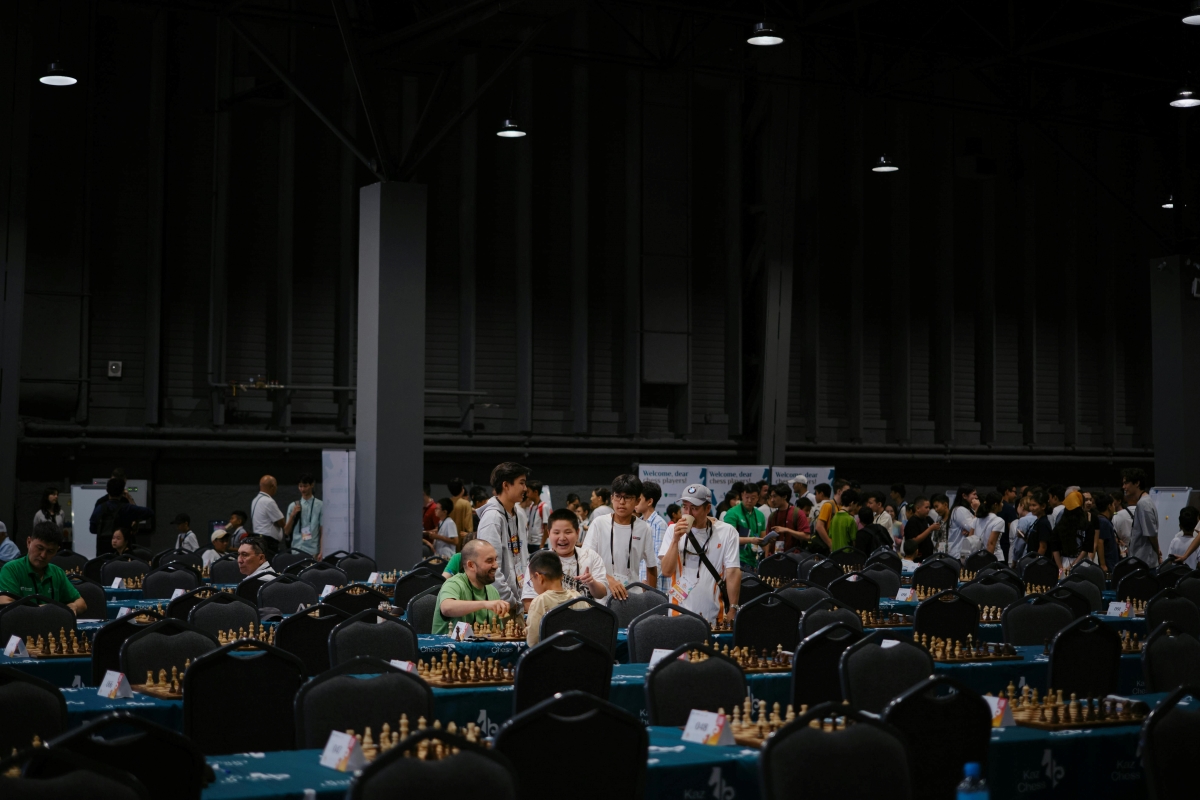
Level 8: Mindfulness and Immersion
Another fascinating aspect of video games is their ability to facilitate mindfulness—a state of heightened awareness and presence in the moment. Games with immersive, tranquil environments, such as Journey, Stardew Valley, and Abzû, offer players a chance to unplug from daily stressors and enter calming, meditative virtual spaces. These games focus on exploration, creation, and narrative rather than combat or competition. Researchers have likened this immersion to guided meditation, where the mind can rest and recharge. In fact, a 2023 study published in Journal of Mindfulness Studies found that players who engaged in 20 minutes of calming game sessions experienced a significant decrease in cortisol, the primary stress hormone.
On a broader scale, game developers are also designing therapeutic virtual experiences tailored specifically for mental health. One example is Sea of Solitude, a game that metaphorically represents mental health struggles through its storytelling. Players are encouraged to reflect on emotions such as loneliness and sadness, leading to greater self-awareness and resilience. Games like this pave the way for conversations around mental health and destigmatize seeking help.

Level 9: Cognitive Benefits and Problem-Solving Skills
Beyond mental health, video games are known for sharpening cognitive skills. Puzzle-solving games like Portal 2 and strategy-based games such as Civilization force players to think critically, plan ahead, and adapt to changing scenarios. These skills aren’t just helpful for in-game missions—they translate to real-life problem-solving, too. A 2021 study published in Frontiers in Psychology found that playing strategy and puzzle games for just an hour a day led to improved working memory and faster decision-making.
Furthermore, educational games designed to challenge the brain have also gained traction. Games like Brain Age and Lumosity specifically target cognitive functions such as memory, attention, and spatial awareness. The science backs it up—individuals who play these games regularly tend to show improvements in cognitive flexibility, a key factor in managing stress and mental agility. These improvements have been particularly beneficial for older adults, helping to maintain mental acuity and ward off age-related cognitive decline.
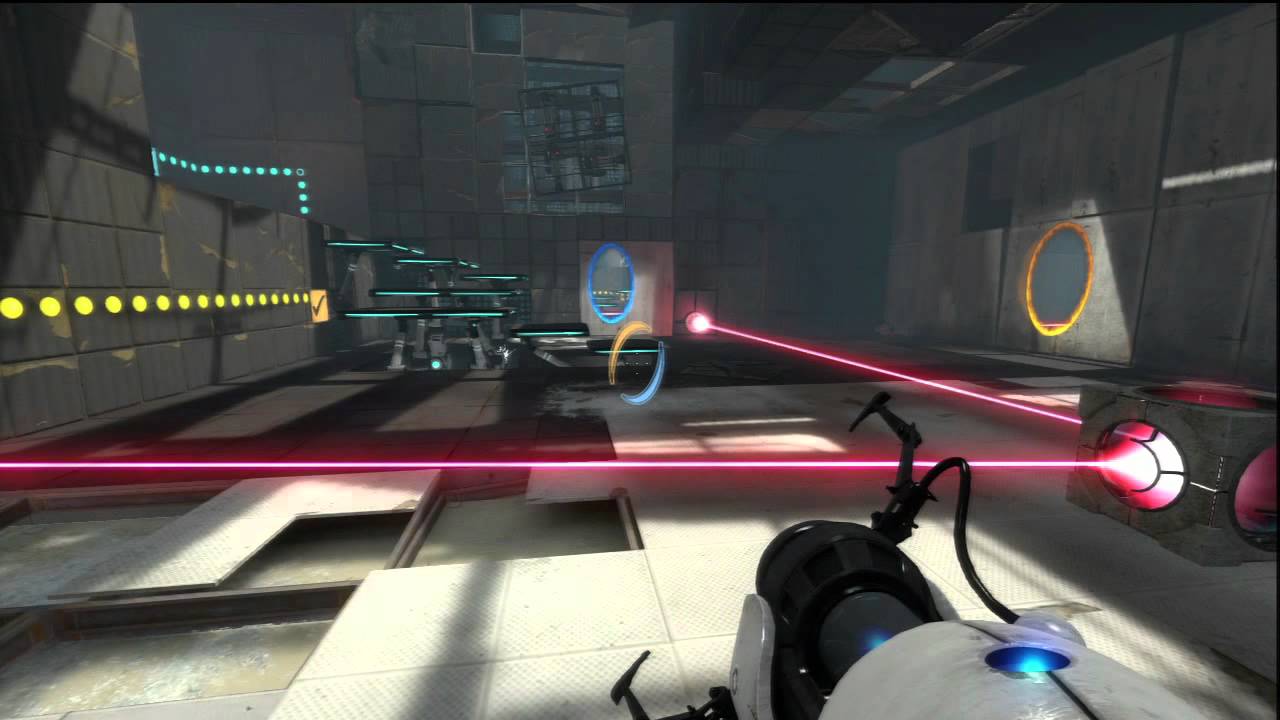
Level 10: Moderation is Key
While the benefits of gaming are clear, balance is essential. Just like any hobby, too much of a good thing can lead to negative consequences. Prolonged gaming sessions without breaks can contribute to fatigue, sleep disturbances, and even social withdrawal. The World Health Organization (WHO) recognizes “gaming disorder” as a condition characterized by impaired control over gaming habits. However, this is only relevant to a small subset of gamers—most people enjoy video games in moderation without adverse effects.
Practicing mindful gaming—setting time limits, taking breaks, and prioritizing social connections—ensures that gaming remains a positive influence. Apps and tools like parental controls, screen-time trackers, and wellness features embedded in modern consoles can help players strike the right balance. Additionally, having an open dialogue about gaming habits with friends and family can further promote healthier gaming practices.

Final Level: The Future of Mental Health in Gaming
The intersection of mental health and gaming is only expanding. Many mental health professionals are now incorporating video games into therapeutic settings. “Serious games”—a genre specifically designed for therapy and rehabilitation—are being developed to help treat anxiety, depression, and even ADHD. Additionally, virtual reality (VR) therapy is gaining traction, with VR-based games being used to treat phobias and PTSD by providing immersive, controlled environments for exposure therapy.
Esports organizations are also joining the movement by promoting mental health awareness through tournaments and charity streams. Platforms like Twitch now host regular mental health discussions, creating spaces where gamers can share their experiences and find support. The future looks bright as the gaming industry continues to innovate and prioritize mental health as part of its core mission.
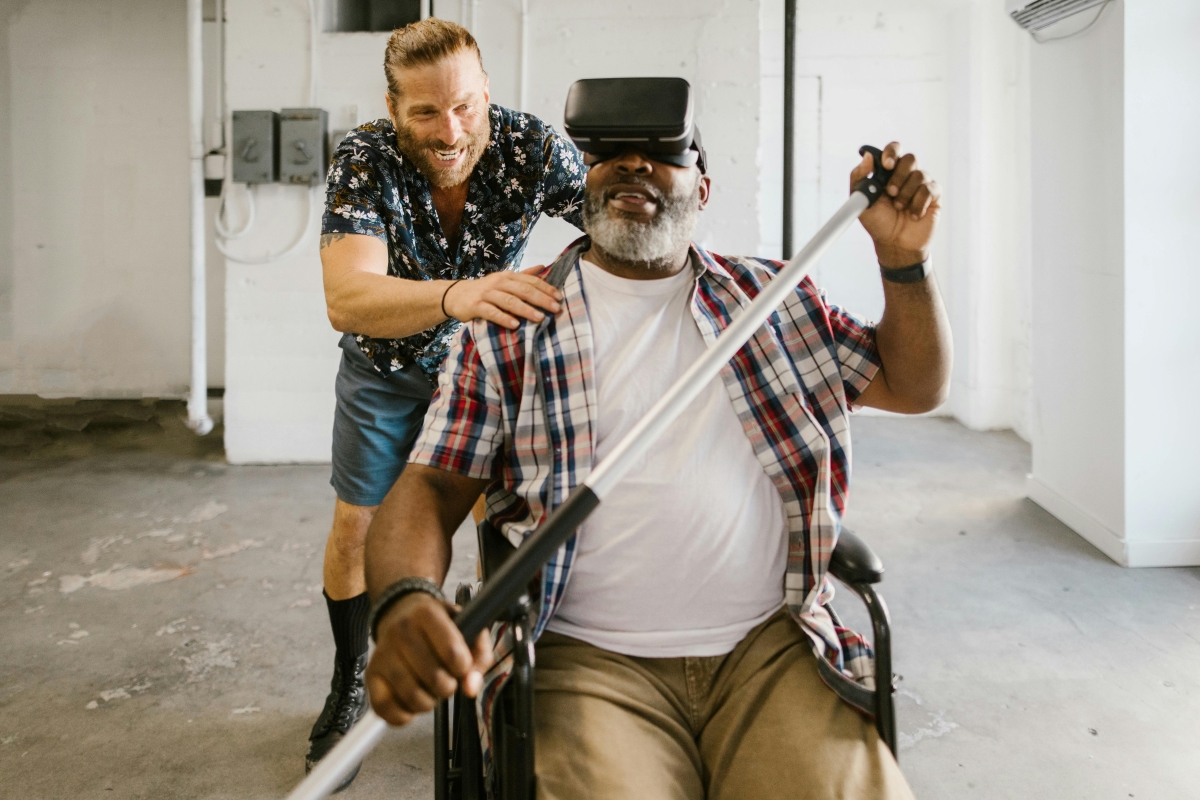
The Endgame
So, the next time someone tells you to “log off,” hit them with the facts. Gaming is no longer just about defeating bosses or collecting coins—it’s a powerful tool for improving mental well-being, fostering social connections, and building resilience. With more research and support pouring into this space, the potential for gaming as a therapeutic tool is limitless.
References
- Egami, H., et al. (2024). “Causal effect of video gaming on mental well-being in Japan during the COVID-19 pandemic.” Nature Human Behaviour.
- Koepp, M. J., et al. (1998). “Evidence for striatal dopamine release during a video game.” Nature, 393, 266–268.
- Valiente, C., et al. (2024). “Gaming, executive functioning, and mindfulness.” Behavioral Psychology, 32(2), 283–303.
- Gackenbach, J., & Bown, J. (2011). “Mindfulness and Video Game Play: A Preliminary Inquiry.” Mindfulness, 2, 114–122.
- Mettler, A., et al. (2018). “Mindful Gaming: How Digital Games Can Improve Mindfulness.” In Serious Games (pp. 101–113). Springer.
- World Health Organization. (2018). “Gaming disorder.”
- Sciencemediacentre.org. (2024). “Expert reaction to studying the effect of video gaming on mental well-being.”
- Financial Times. (2024). “The new tech treatments that could improve mental health.”
- ScienceDaily. (2024). “Video gaming improves mental well-being, landmark study finds.”
- PubMed Central. (2023). “Facets of mindfulness among video game players: A latent profile analysis.”
Discover more from Ge-erdy Verse
Subscribe to get the latest posts sent to your email.
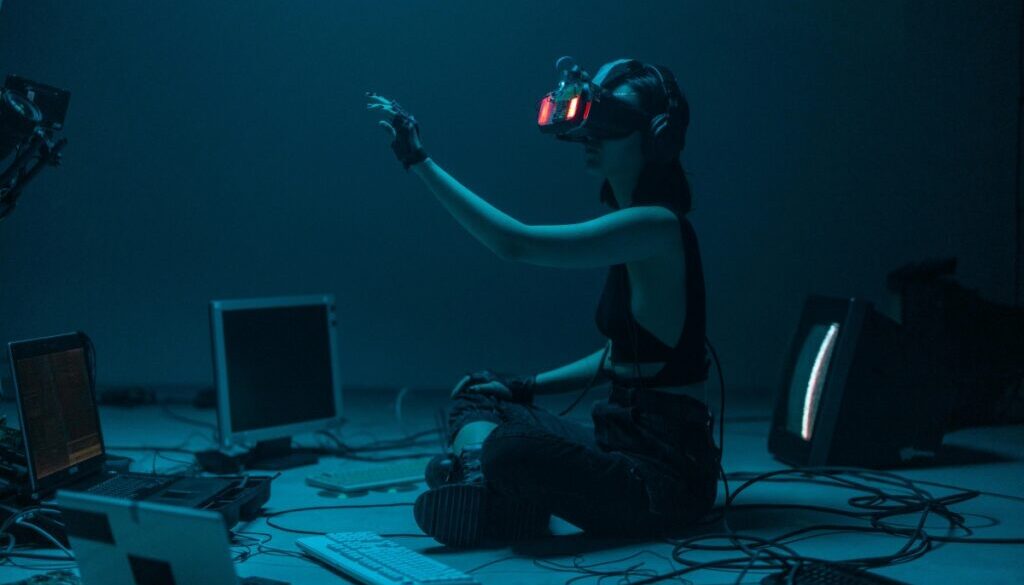



8-bit to QoL: History & Evolution of the Gaming World - Ge-erdy verse
March 3, 2025 @ 7:01 pm
[…] What’s Next for Gaming? K.O.? Naahhh… This is just The BEGINNING! From simple blips on a screen to full-blown cinematic universes, video games have come a LONG way. And the best part? The journey is far from over. Who knows what the next big leap will be? With AI-driven game design, next-gen graphics, and ever-evolving technology, the future of gaming is limitless. Whether it’s photorealistic open worlds, fully immersive VR, or AI-generated adventures, one thing is clear—gaming is only getting bigger and better. […]
BlizzCon Returns: Everything You Need To Know - Ge-erdy verse
March 16, 2025 @ 6:35 pm
[…] Blizzard’s commitment to inclusivity isn’t a new development. In 2022, they launched the Inclusive Game Design (IGD) Team to ensure a world-class standard for game inclusion and accessibility. This initiative focuses on representation, accessibility, and community, striving for diverse characters and narratives, making games available to the widest possible audience, and promoting positive interactions within the gaming community. […]